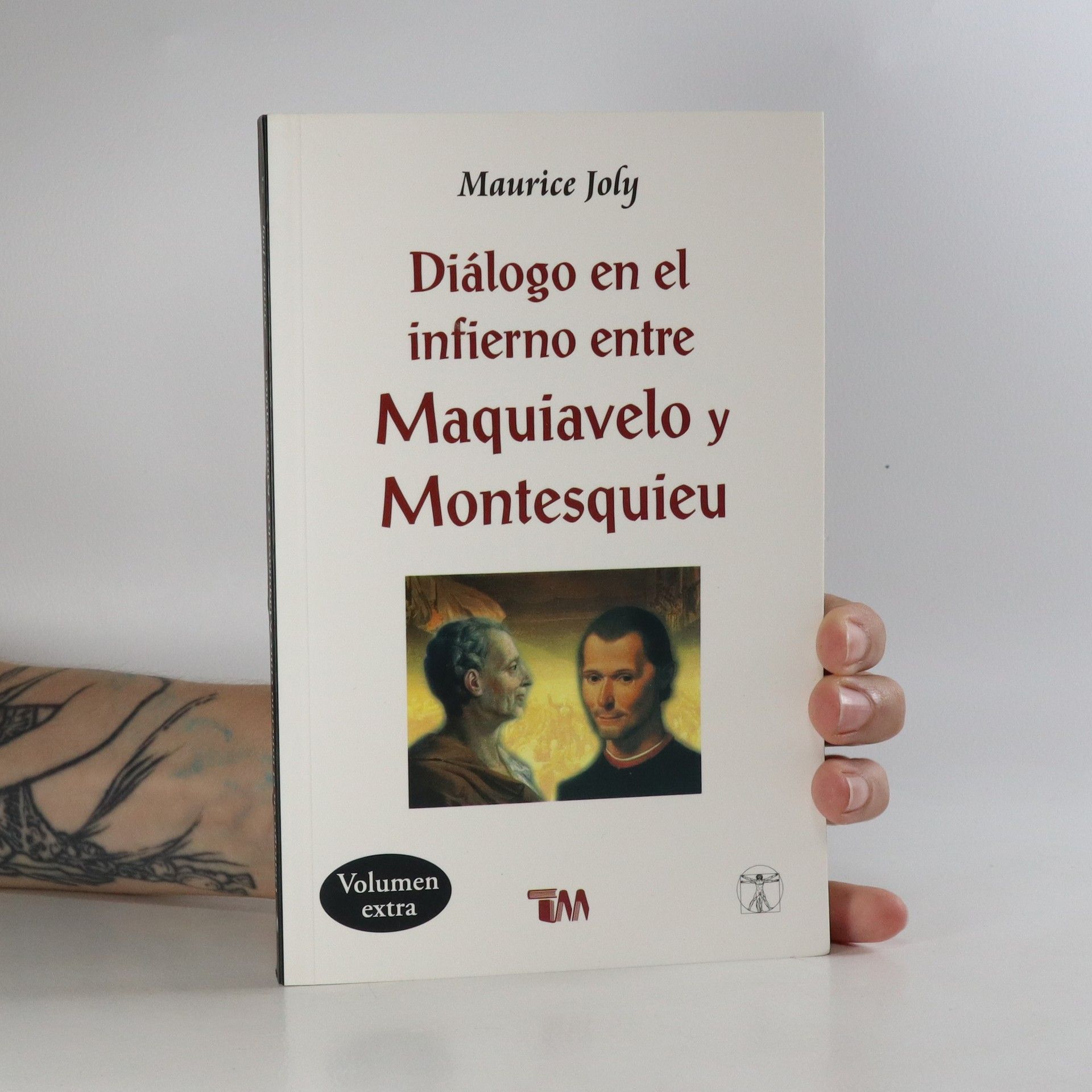Diálogo en el infierno Maquiavelo y Montesquieu
- 218pagine
- 8 ore di lettura
Questo autore approfondisce le intricate relazioni tra potere ed etica, spesso attraverso dialoghi che illuminano motivazioni nascoste e argomentazioni filosofiche. La sua scrittura è caratterizzata da acute osservazioni dei meccanismi politici e da una profonda riflessione sulla natura del governo. Eccelle nel creare avvincenti scontri di idee, spingendo i lettori a valutare criticamente le proprie opinioni su giustizia e autorità. La sua opera testimonia la duratura rilevanza delle filosofe politiche classiche nel mondo moderno.




Wer nach oben will, muß vor allem die richtigen Fähigkeiten haben: Er muß sich verstellen können, die Interessen und Schwächen seiner Mitmenschen richtig einschätzen und ausnutzen, Helfer und Beschützer mobilisieren und im geeigneten Moment das Lager wechseln können. Hellsichtig und zeitlos beschreibt Maurice Joly in seinem 'Handbuch des Aufsteigers' aus dem Jahre 1867 den Weg zu Ruhm und Macht.